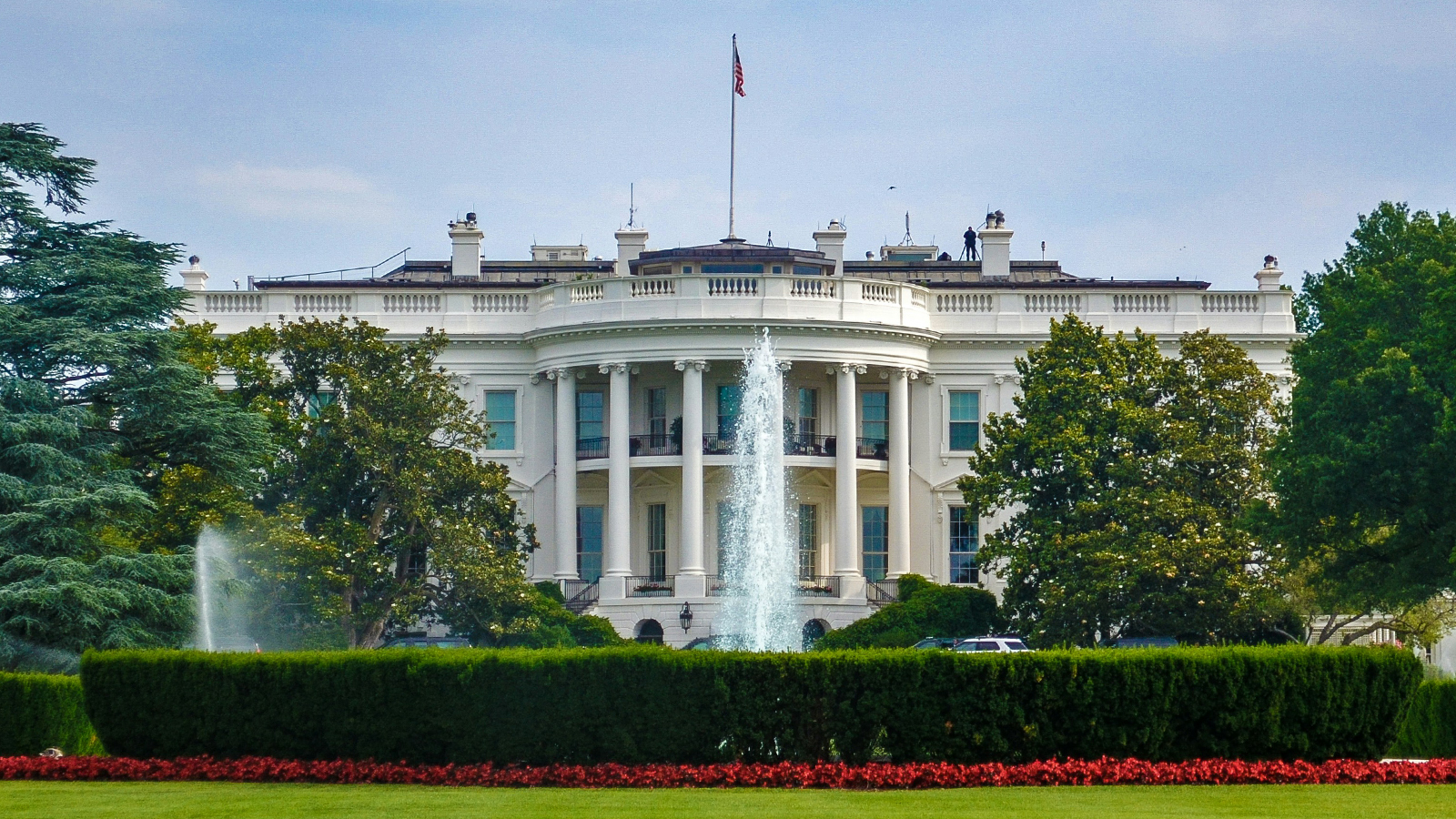White House reviewing CHIPS Act awards, upcoming payments possibly delayed
Is this good news or bad news?

Several sources familiar with the matter reported that the Trump White House wants to renegotiate some of the terms in several CHIPS and Science Act awards, which could delay upcoming disbursements. According to Reuters, Washington wants to assess and change some of the requirements that the previous administration applied to the grant.
“The CHIPS Program Office has told us that certain conditions that do not align with President Trump’s executive orders and policies are now under review for all CHIPS Direct Funding Agreements,” GlobalWafers spokesperson Leah Peng told Reuters. CHIPS Act awards distributed under the Biden administration often came with clauses, like requiring awardees to only use unionized labor for building out their infrastructure and to provide childcare to their workers. While it’s not clear yet what the White House wants to do, it may seem that it’s intent on making these requirements more lenient or maybe even remove them altogether, especially if they do not go in line with the direction Washington is taking.
Because of this development, the Semiconductor Industry Association (SIA) is said to be surveying its members on how they think that the CHIPS and Science Act could improve. Nevertheless, SIA Vice President of Government Affairs David Isaacs told Reuters, “It’s important both the manufacturing incentives and research programs proceed without disruption, and we stand ready to work with Commerce Secretary Nominee Lutnick and other members of the Trump administration to streamline the program’s requirements and achieve our shared goal of strengthening U.S. leadership in chip technology.”
However, aside from these potential loosening of prerequisites, sources also say that the current administration has raised concerns about CHIPS Act awardees using their subsidies to expand overseas. For example, Intel signed a $7.86 billion funding contract under the program, with the company already receiving $2.2 billion, but it still announced a $300 million investment in China to expand its packaging and testing facility there. This is in direct contravention of the CHIPS and Science Act’s purpose, which was to lure manufacturers into producing the most advanced semiconductors on American soil.
There is no clear indication yet of what changes the White House wants to implement nor how they would affect the existing contracts. This likely has several members of the semiconductor industry, especially awardees who are yet to receive their payouts, getting a bit nervous. After all, Trump has previously voiced opposition to the subsidies, instead preferring tariffs to force companies to get back into the U.S. Despite that, we’re seeing some promising signs like the Republican-held Congress introducing an act that extends tax credits to chip designers and Vice President JD Vance declaring in an international forum that the most powerful AI chips will be built in America.
Get Tom's Hardware's best news and in-depth reviews, straight to your inbox.

Jowi Morales is a tech enthusiast with years of experience working in the industry. He’s been writing with several tech publications since 2021, where he’s been interested in tech hardware and consumer electronics.
-
ezst036 If there is to be continued flow free money then its a win for the wealthy lobbyists that is for sure.Reply -
Priscus Perhaps delaying it to search out the opportunity to gift a few million for his own coffers.Reply -
jcwbnimble Perhaps delaying it to make sure AMERICAN TAXPAYER MONEY is benefiting AMERICAN TAXPAYERS and not foreign governmentsReply -
JamesJones44 It's good and bad.Reply
In a competitive market to get ahead or stay ahead sometimes you need to invest heavily, the private sector isn't always incentivized to do product investments, the removal of payments clearly hurts these initiatives (the bad).
That being said, heavy debt and living above your means can only go on for so long before you have to pay the consciences, reducing outflows which currently can't fit within the yearly budget helps reduce that living above the means (the good). -
DS426 Deregulation was one campaign agenda item, so removing some of those requirements would make sense. However, foreign ties and ownership would also likely be scrutinized, yes.Reply -
JTWrenn The worst part about all of this is that more oversite and efficiency is needed...we are just not going to get it. The truth is Intel let us down on this, and we need to push for building in the USA one way or the other. TSMC is not a bad option here simply because they are the proven most capable, and getting more of their tech in the USA and out of Taiwan is a good thing.Reply -
thestryker The larger payouts from the CHIPS act were already delayed quite a bit to ensure conditions would be met. While I'm not a big fan of handouts this is how the entire silicon fabrication industry works. This is one of those circumstances where the industry is capital intensive so financial incentives are the best way to get capacity in any reasonable amount of time.Reply -
COLGeek As a reminder, please focus on the tech aspects of the article and NOT politics. Thank you.Reply